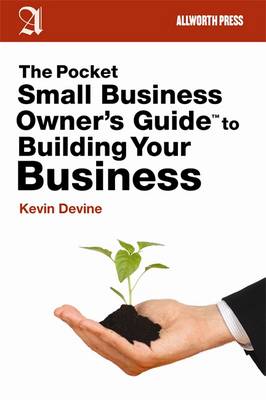StrategyDriven Podcast Episode 42 – Acquiring Management Experience

Episode 42 – Acquiring Management Experience focuses on how to gain management experience even if one does not currently hold a management position. Next, we’ll explore how to convey this experience such that it opens the doors to a management position within one’s organization. During our discussion, Wendy Powell, author of Management Experience Acquired: Necessary Skills for Successfully Managing Any Employee, shares with us her insights and illustrative examples regarding:
the opportunities to ascend into management given today’s economic conditions
- what organization leaders are seeking in their managerial candidates
- how to gain management experience when one does not hold the position of manager
- how to effectively convey one’s management experience so to be considered for such a position
- how to overcome the ‘tenure barrier’ to promotion
Additional Information
In addition to the incredible insights Wendy shares in Management Experience Acquired and this podcast are the resources accessible from her website, www.ManagementExperienceAcquired.com. Wendy’s book, Management Experience Acquired
, can be purchased by clicking here
.
Final Request…
The strength of our community grows with the additional insights brought by our expanding member base. Please consider rating us on iTunes by clicking here. Rating the StrategyDriven Podcast and providing your comments online improves our ranking and helps us attract new listeners which, in turn, helps us grow our community.
Thank you again for listening to the StrategyDriven Podcast!
About the Author

. With more than twenty-five years of human resource and management consulting experience, Wendy has spent most of her career at the University of Michigan. She is currently on the business faculty at both Palm Beach State College and the University of Phoenix. A member of the Society of Human Resource Management, she received a leadership award in 2002 from the Midwest College and University Professional Association for Human Resources. She is routinely featured on The Huffington Post and has appeared on Fox Business’s The Strategy Room. Wendy holds a Bachelor of Science degree in business management and a Master of Arts degree in organizational management.
Podcast: Play in new window | Download (Duration: 16:13 — 22.3MB)
Subscribe: RSS





 Jeffrey Gitomer is the author of The Sales Bible, Customer Satisfaction is Worthless Customer Loyalty is Priceless, The Little Red Book of Selling, The Little Red Book of Sales Answers, The Little Black Book of Connections, The Little Gold Book of YES! Attitude, The Little Green Book of Getting Your Way, The Little Platinum Book of Cha-Ching, The Little Teal Book of Trust, The Little Book of Leadership, and Social BOOM! His website,
Jeffrey Gitomer is the author of The Sales Bible, Customer Satisfaction is Worthless Customer Loyalty is Priceless, The Little Red Book of Selling, The Little Red Book of Sales Answers, The Little Black Book of Connections, The Little Gold Book of YES! Attitude, The Little Green Book of Getting Your Way, The Little Platinum Book of Cha-Ching, The Little Teal Book of Trust, The Little Book of Leadership, and Social BOOM! His website,